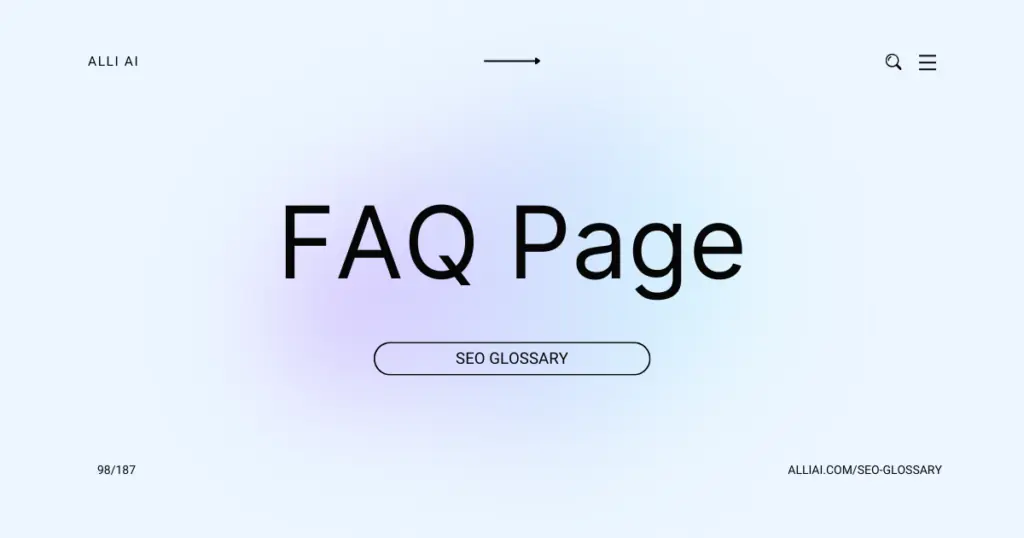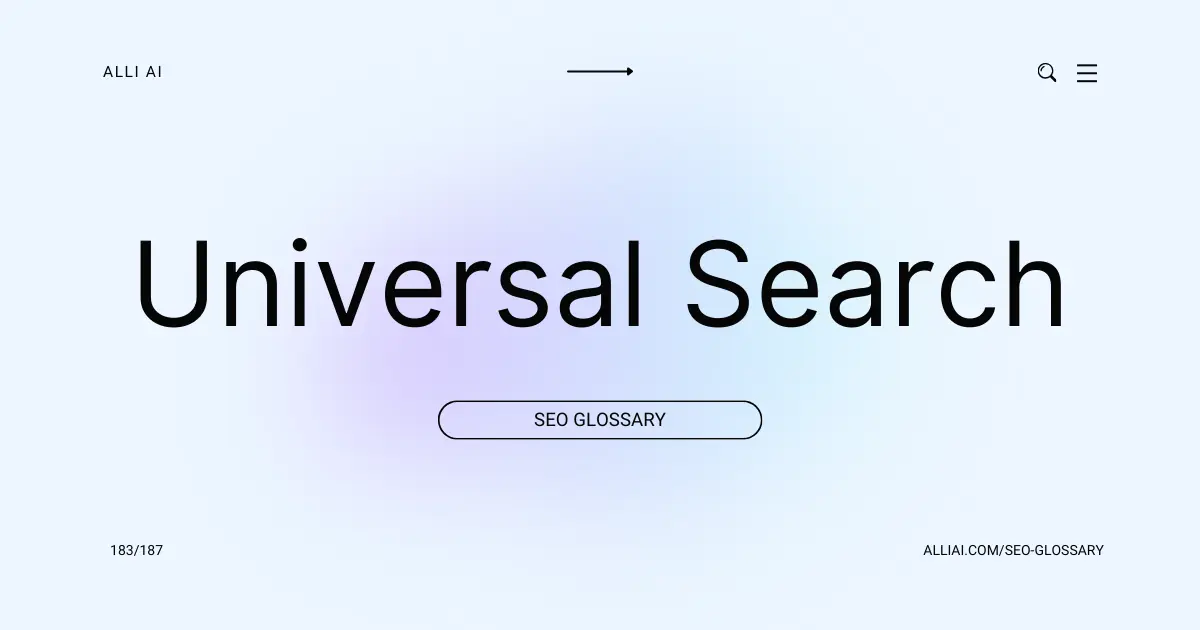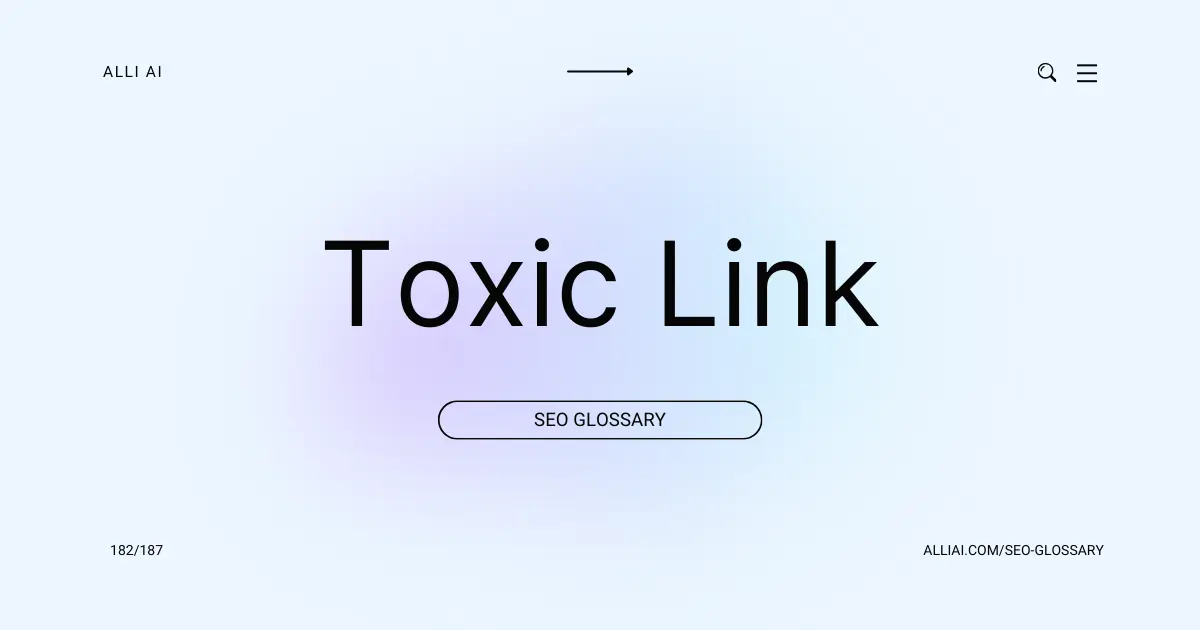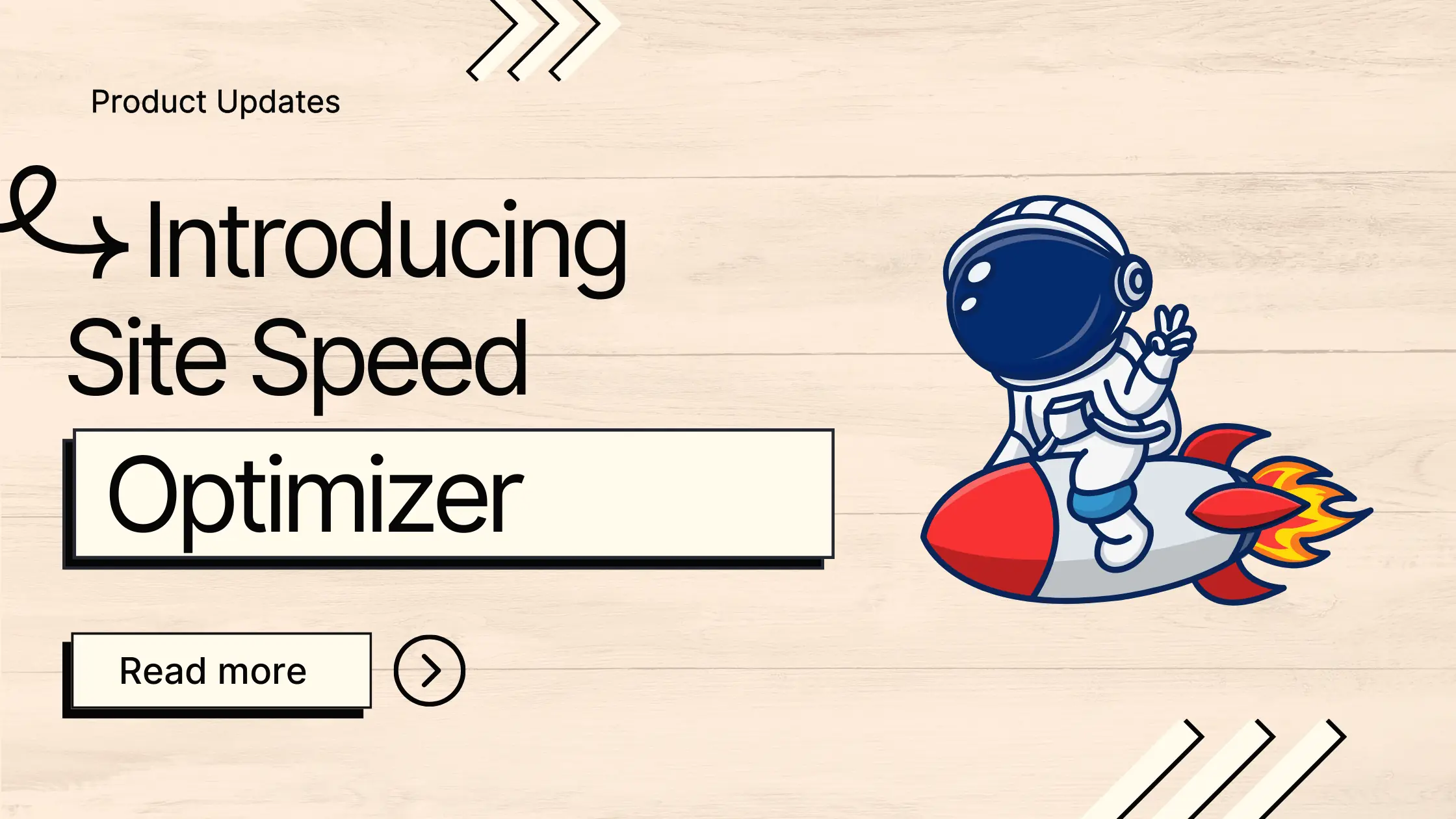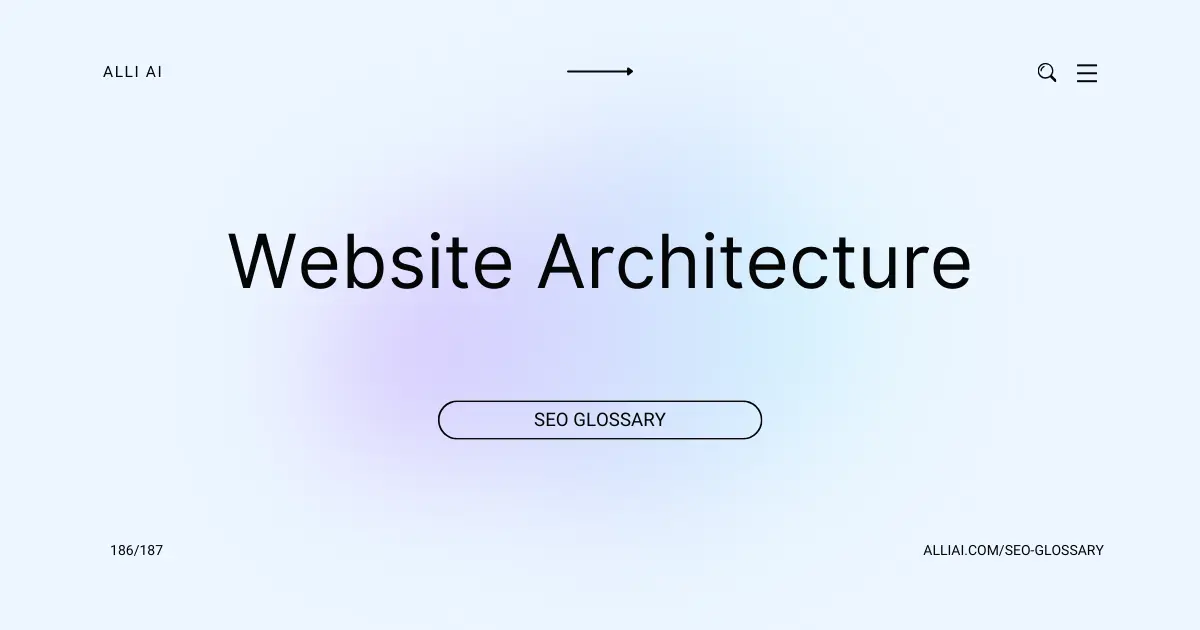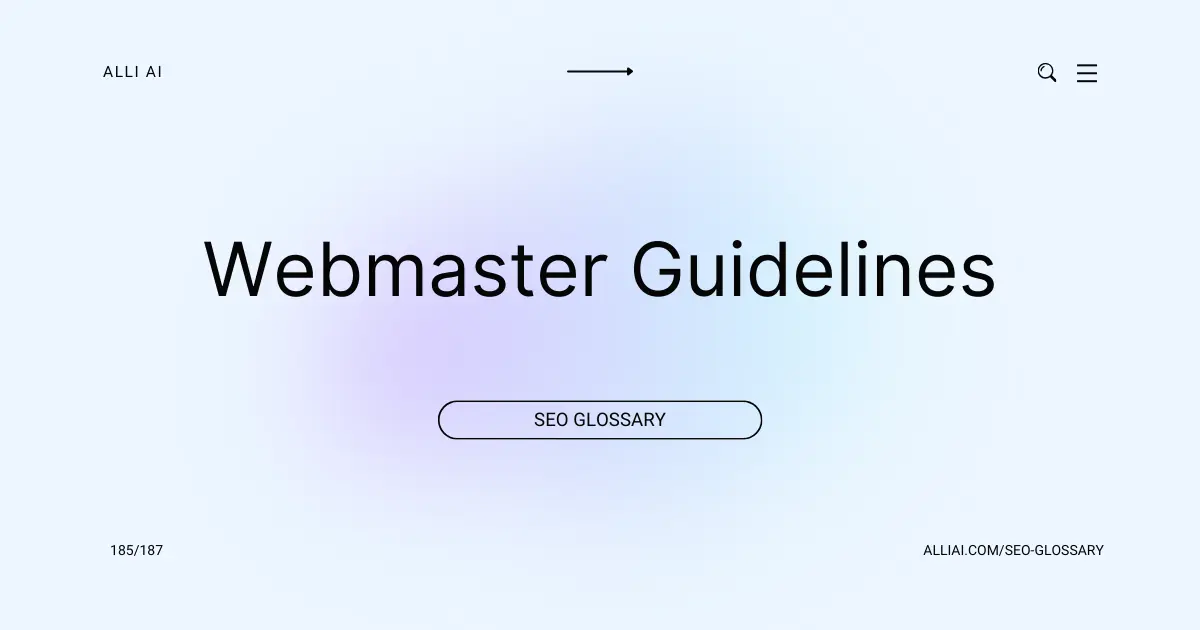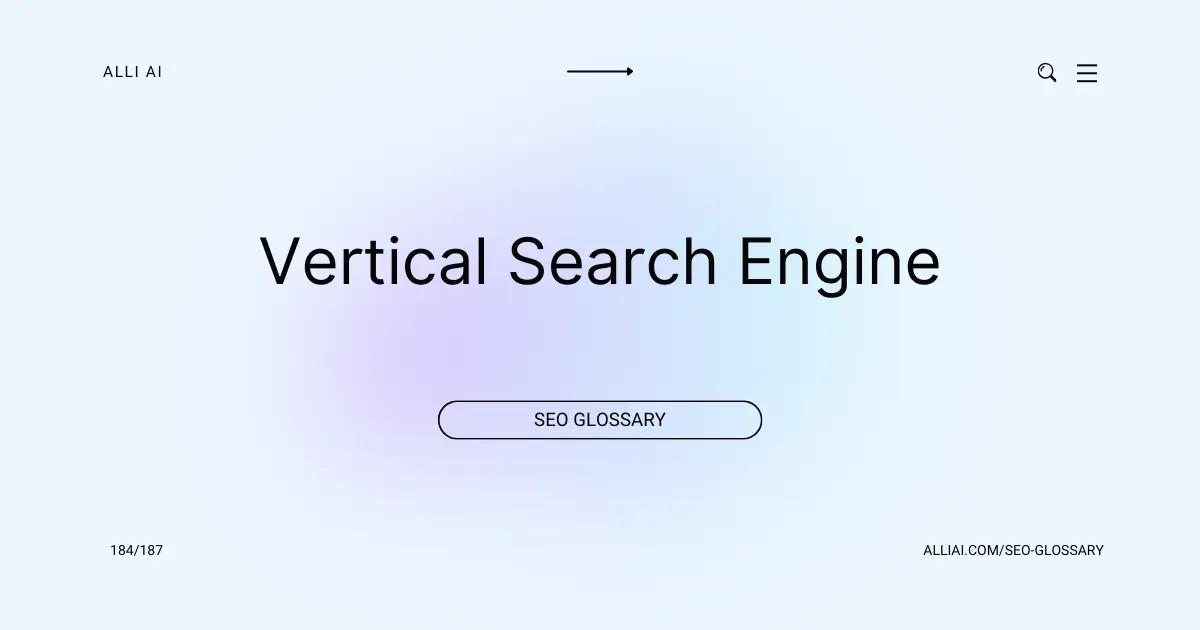What Does FAQ Page Mean?
An FAQ page is a section on a website that stands for “Frequently Asked Questions.” It is a collection of common questions and answers pertaining to a specific topic or the services and products offered by the website. This page helps visitors find answers quickly and can reduce the number of customer service inquiries.
Where Does FAQ Page Fit Into The Broader SEO Landscape?
A FAQ (Frequently Asked Questions) page can significantly boost SEO by providing clearly answered questions that may be commonly searched by users. Such content can help the page rank for long-tail keywords and improve its authority and relevance. Search engines like Google can crawl these answers and may feature them in rich snippets or direct answers, potentially increasing the website’s visibility and click-through rate.
FAQ pages also contribute to a better user experience by directly providing the information that potential customers are seeking, which can increase time on site and reduce bounce rates. Additionally, well-organized FAQ pages provide internal linking opportunities to other relevant content on your site, aiding in site navigation and distributing page authority across your website. This strategy improves the crawlability of a site, allowing search engines to access and index more pages efficiently.
Embedding keywords naturally within questions and answers on FAQ pages also optimizes content for voice searches and conversational queries, aligning with the rise in spoken queries through digital assistants. Thus, FAQ pages serve as a measure not only to enhance your site’s SEO but also as a method to future-proof your site for evolving search trends.
Real Life Analogies or Metaphors to Explain FAQ Page
A FAQ page is like a Swiss Army knife for website visitors; each section unfolds to solve specific problems or answer questions they might encounter along their journey. It’s also akin to a pit stop in a race, where drivers quickly get the help they need before speeding off towards their destination – efficient, useful, and perfectly positioned.
How the FAQ Page Functions or is Implemented?
1. Content Structure: Organize questions based on common themes, starting from the most basic to more specific topics. This helps users navigate through sections smoothly.
2. Question Design: Phrase questions in a way commonly searched for by users. Use natural, conversational language to match voice search queries.
3. Answer Clarity: Provide clear, concise, and direct answers to the questions. Aim for brief responses, and where necessary, link to more detailed content.
4. Navigation Aids: Implement clickable questions or a sticky menu to enhance user navigation through the FAQ page. This allows quick access to different sections or questions without excessive scrolling.
5. Search Functionality: Include a search bar on the FAQ page that allows users to enter keywords and find relevant questions and answers quickly.
6. Schema Markup: Use FAQ schema markup to enable search engines to display questions and answers directly in search results, potentially increasing visibility and click-through rates.
7. Accessibility Features: Ensure text sizes are readable, and colors are accessible. Consider implementing keyboard navigation for users who do not use a mouse.
8. Regular Updates: Periodically update the FAQ page to reflect the most current information and include new questions that may have arisen.
9. Feedback Mechanism: Include a method for users to provide feedback on FAQs, such as rating the helpfulness of answers or suggesting additional questions.
10. Mobile Optimization: Design the FAQ page for optimal viewing on mobile devices, ensuring it is responsive and loads quickly across all device types.
Impact FAQ Page has on SEO
The presence of a FAQ (Frequently Asked Questions) page can positively influence a website’s SEO performance, rankings, and user experience in several ways:
1. Keyword Optimization: FAQ pages allow for the natural inclusion of long-tail keywords, answering specific user queries. These keywords often have lower competition and can attract more targeted traffic.
2. Rich Snippets and Featured Snippets: Content from FAQ pages can be marked up with structured data to create rich snippets, which make the pages more visible and attractive in SERPs. Google can also pull answers from FAQ sections directly into featured snippets, which can increase click-through rates.
3. Reducing Bounce Rates: By providing direct answers to users’ queries, FAQ pages increase user engagement and satisfaction, which may reduce bounce rates and indicate to search engines that the website is providing valuable content.
4. Internal Linking: FAQs provide opportunities to link to other internal pages of the website, which helps distribute page authority and can improve the rankings of other pages.
5. Boosting Site Authority: By thoroughly answering frequently asked questions, a website can establish itself as an authoritative source of information, which can help improve overall trust and credibility with search engines.
6. Improving User Experience: FAQs can enhance the user experience by quickly addressing common concerns or questions visitors have, potentially decreasing support costs and increasing user satisfaction and retention.
7. Voice Search Optimization: As voice search becomes more popular, FAQ pages can be optimized to target conversational queries, which are common in voice search, thereby capturing more traffic from this medium.
8. Longer Dwell Time: Engaging and informative FAQ pages can keep visitors on the site longer, which might positively impact search rankings as it is an indication of content quality and relevance.
SEO Best Practices For FAQ Page
1. Identify the Main Topic and Relevant Keywords: Use keyword research tools to determine the main topic and relevant long-tail keywords that users are searching for related to your FAQ content.
2. Structure the FAQ Page: Organize questions using a logical structure, either by topic or by popularity. Ensure each question is clearly formulated and directly addresses common queries.
3. Optimize Question Titles: Treat each question as an H2 or H3 header to emphasize structure in HTML, ensuring you include target keywords naturally within these questions.
4. Craft Detailed Answers: Provide concise, authoritative answers. Include relevant keywords where they naturally fit but avoid keyword stuffing.
5. Use Schema Markup: Implement FAQ schema markup in your page’s HTML to help search engines understand the content and structure of your FAQs, which can lead to rich results in search engines.
6. Improve Page Load Speed: Ensure that the FAQ page loads quickly by optimizing images, leveraging browser caching, and minimizing the use of heavy scripts.
7. Ensure Mobile-Friendliness: Make sure the FAQ page is responsive and easy to navigate on all devices, especially mobiles.
8. Internal Linking: Use internal links to direct users to more detailed content related to each question if relevant, which can also help in distributing page authority throughout your site.
9. Optimize for Voice Search: Frame questions in a conversational tone, and answers should be succinct, reflecting how people naturally speak, as many users utilize voice search for queries.
10. Update Regularly: Keep the FAQ page updated with new questions based on users’ ongoing concerns and changes in your field, reflecting current trends and data.
11. Monitor and Analyze: Use tools like Google Analytics to track the performance of your FAQ page, analyzing metrics such as page views, average time on page, and bounce rate to refine and optimize further.
12. Implement Feedback Mechanisms: Allow and encourage users to rate the helpfulness of FAQs or submit their own questions, providing insights into potential improvements or additional content.
Common Mistakes To Avoid
1. Ignoring User Intent:
– Ensure questions are oriented towards user needs and commonly searched terms rather than simply serving business interests.
2. Overly Complex Language:
– Use clear, simple language that is easily understandable, avoiding jargon and technical terms without explanations.
3. Lack of Keyword Optimization:
– Integrate relevant keywords naturally into the questions and answers to improve search rankings.
4. Neglecting Structured Data:
– Use schema markup (FAQPage schema) to help search engines understand and display the FAQs directly in search results.
5. Insufficient Answers:
– Provide thorough, accurate answers that fully address the user’s question, avoiding overly brief or vague responses.
6. Failing to Update Frequently:
– Regularly update the FAQ page to reflect the most current information and incorporate new relevant questions.
7. Poor Organization:
– Categorize questions into logical groups or themes for easier navigation and comprehension.
8. Not Mobile-Friendly:
– Ensure the FAQ page is responsive and easy to navigate on mobile devices.
9. Lack of Internal Linking:
– Include links to related content within answers to enhance UX and encourage deeper site engagement.
10. Ignoring Analytics:
– Monitor page performance and user interaction using analytics to understand what works and what needs improvement.
11. Duplicate Content Issues:
– Avoid copying and pasting content from other parts of the site or external sources without modifications.
12. Not Promoting the FAQ Page:
– Include links to the FAQ section in relevant areas of your site and in your navigation menu to increase visibility.
13. No Feedback Mechanism:
– Provide a way for users to give feedback on FAQs to help identify areas for improvement and new topics to cover.
